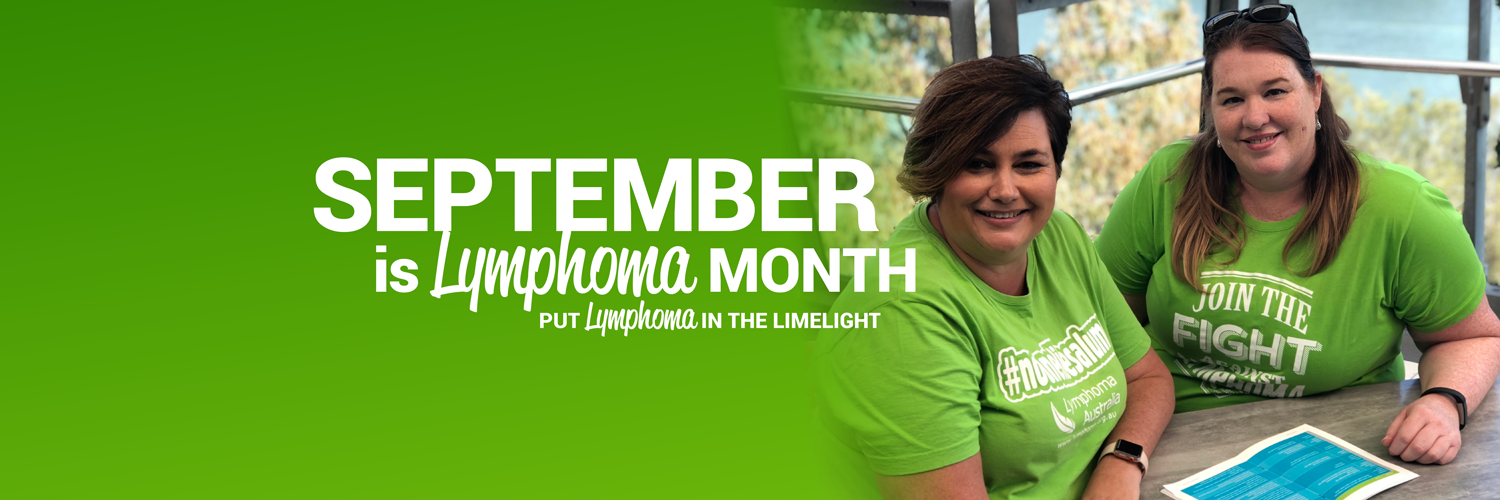Today is the start of Lymphoma Awareness Month!
Today, 1st September, kicks off our annual Lymphoma Awareness Month and we invite you to go lime with us!
Every 2 hours an Australian is diagnosed with Lymphoma or CLL. Our goal is to
make sure no one faces lymphoma alone. Our nurses provide emotional, practical and treatment support, as well as campaigning for better
cancer care. And because lymphoma affects more than just those facing
it, we are there for friends and
family too.
By
going lime this September (and into October) you will help to increase
awareness and help Australians face the lymphoma journey with hope and
courage. Not fear.
Together we can make another Lymphoma Care Nurse a reality.
